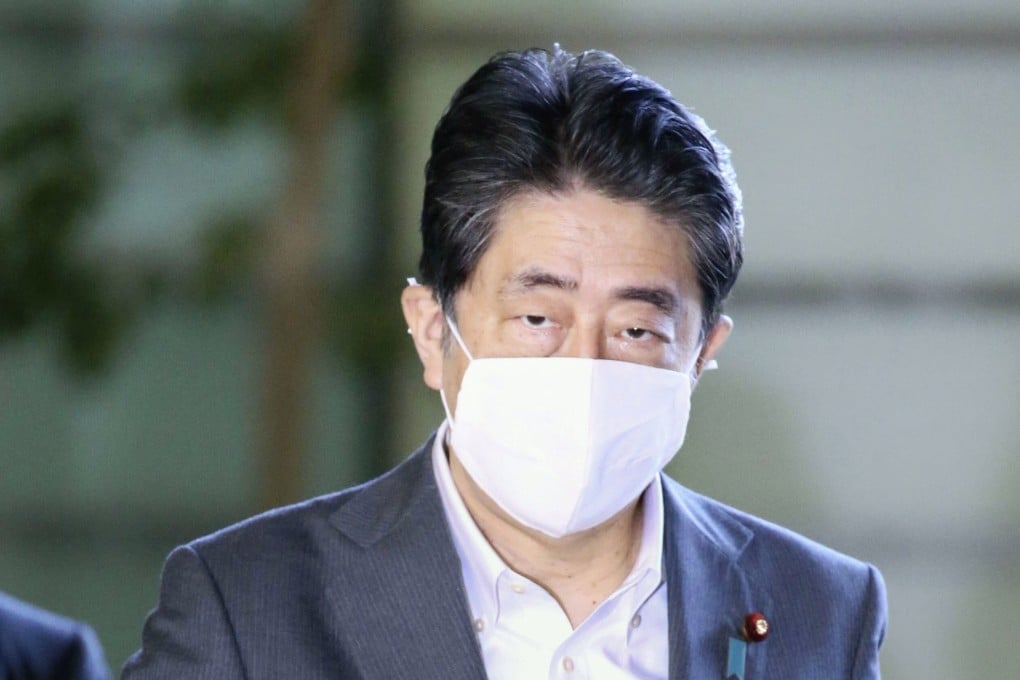Advertisement
Shinzo Abe, Chadwick Boseman’s bowel diseases: what you need to know to spot, treat and prevent chronic bowel conditions like IBD
- Japanese Prime Minister Shinzo Abe’s affliction, ulcerative colitis, is a type of inflammatory bowel disease (IBD) that left untreated can be life-threatening
- There is a trend of younger patients developing colon cancer, which claimed the life of US actor Chadwick Boseman, one expert says
Reading Time:4 minutes
Why you can trust SCMP

With Japanese Prime Minister Shinzo Abe’s sudden resignation due to ulcerative colitis, and US actor Chadwick Boseman’s untimely death of colon cancer at age 43, people are keen to understand how to spot and treat chronic bowel conditions.
Advertisement
“Abe stepping down because of ulcerative colitis should bring more awareness of how debilitating it can be,” said a Japanese native on Twitter who also suffers from this condition.
Abe’s affliction is a type of inflammatory bowel disease (IBD) that involves the large intestine. If untreated, it can be life-threatening and lead to intestinal cancers such as colorectal cancer, the second leading cause of cancer deaths in Hong Kong, behind lung cancer.
Cases of IBD, which includes Crohn’s disease and usually involves the small intestine, are rising in Asia. According to 2017 research from the Chinese University of Hong Kong on IBD incidence rates in the region, Hong Kong ranked third out of eight Asian countries studied, with rates rising significantly since 1981.

Advertisement
The results, published in the medical journal The Lancet, found that over the previous 17 years Hong Kong had on average 26 new IBD cases per million people (up from 1 per million in 1981), more than Japan’s 25 cases per million, but less than South Korea’s 78 cases per million and southern mainland Chinese city Guangzhou’s 33.

Advertisement